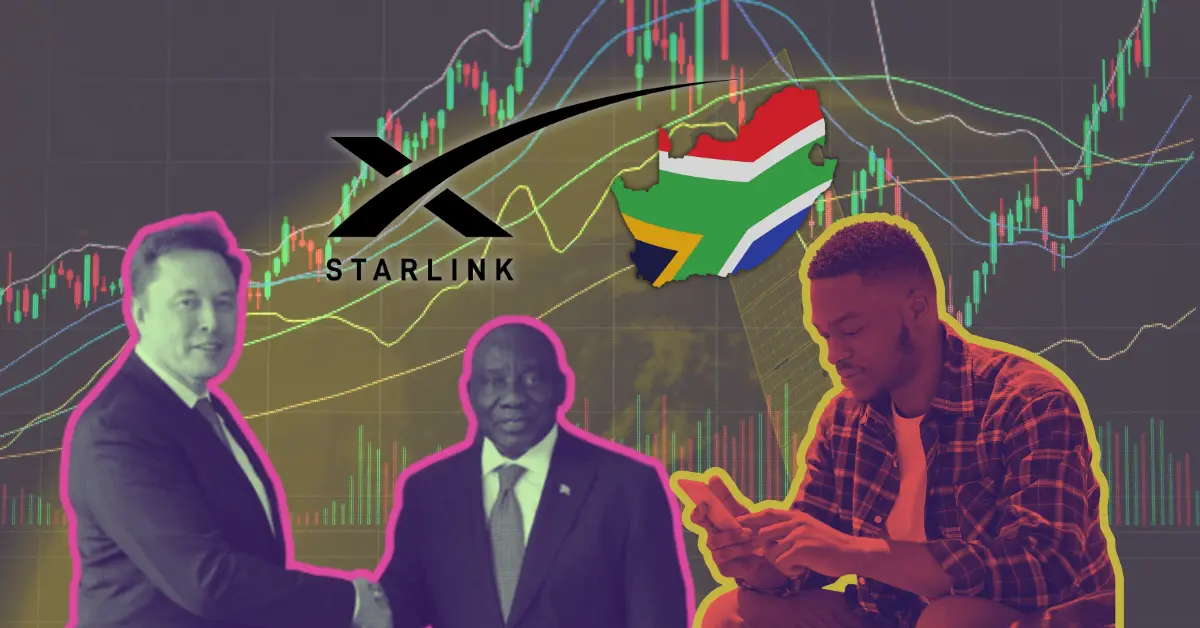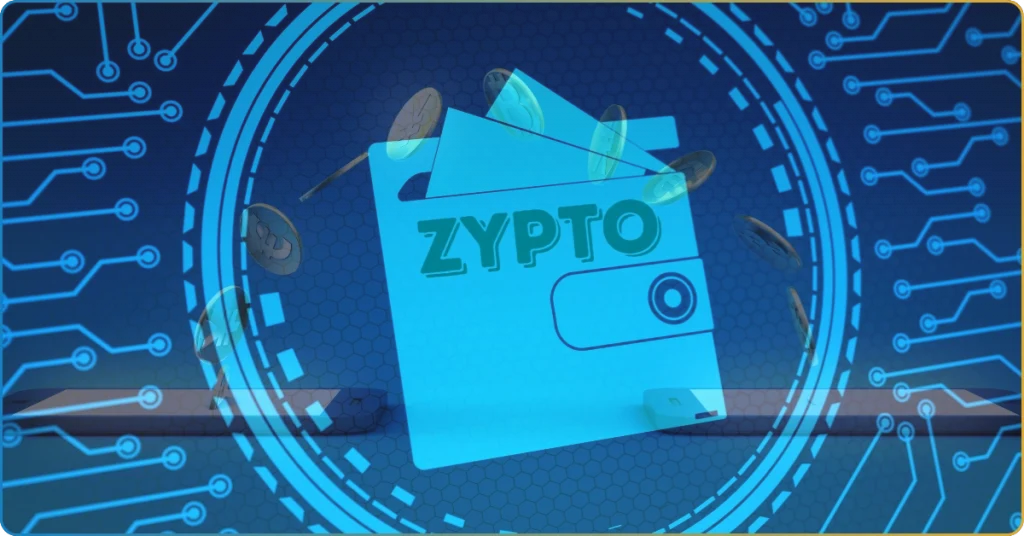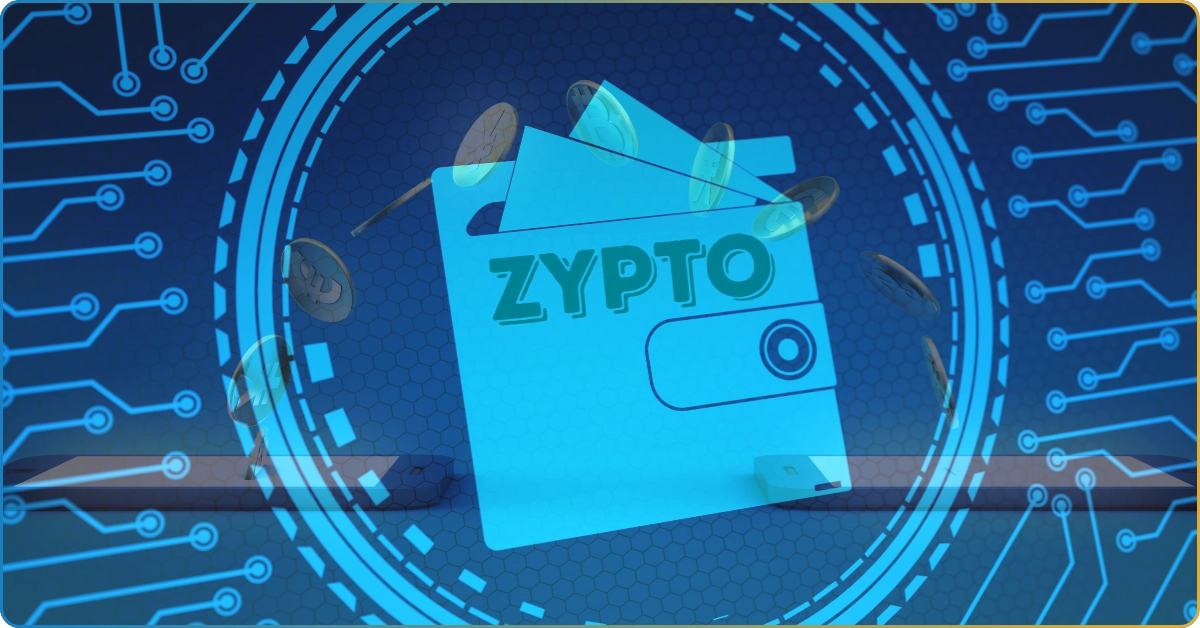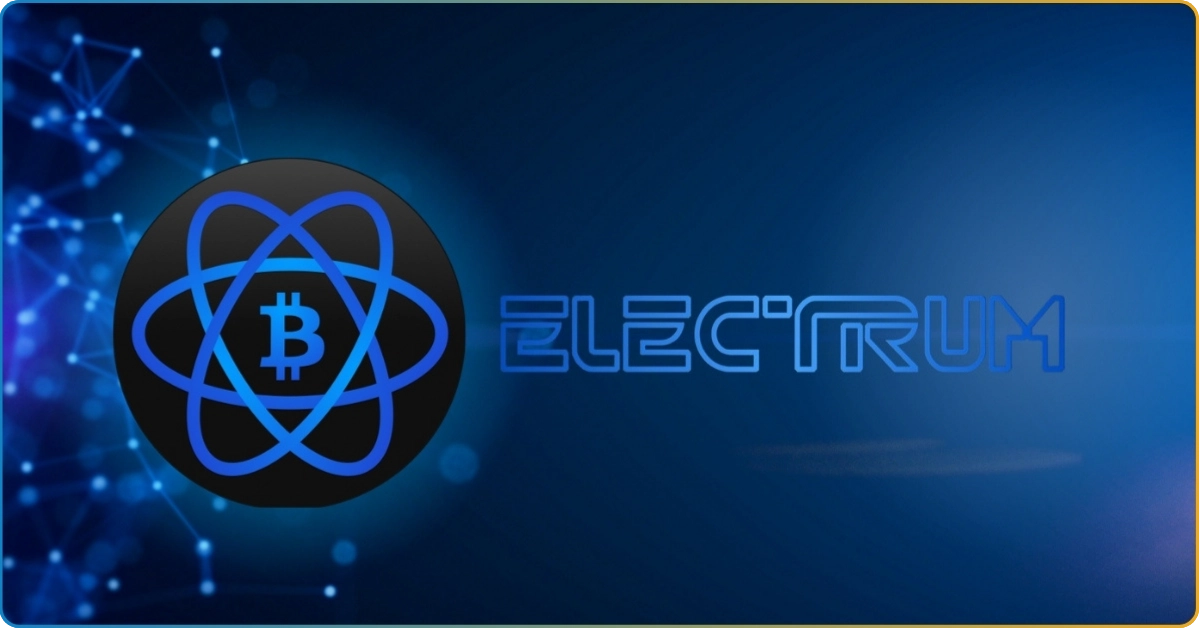The Government of National Unity is making significant efforts to bring Starlink to the country, aiming to provide cheaper and faster internet satellite services to South Africans. President Cyril Ramaphosa’s meeting with Starlink’s Elon Musk in New York was a clear indication of the government’s commitment to this cause.
In contrast to the government’s eagerness, the public and private sectors seem to have varying opinions about the satellite operating in the country. The major concern – Starlink will have to bypass the broad-based black economic empowerment (BEE) policy to operate in SA.
Here’s what we know about Starlink in South Africa and the discourse around its launch! Read more below.
Will Starlink Launch in South Africa?
The South African government is actively engaging with SA-born Elon Musk to introduce SpaceX and his satellite internet service, Starlink, to the country. This initiative is a clear sign of the government’s urgency to improve internet connectivity in South Africa.
In September, President Cyril Ramaphosa held a closed-door meeting with Musk in New York to discuss potential investments in the country.
In a statement, the President said, “I have had discussions with him and have said, Elon, you’ve become so successful, and you’re investing in a variety of countries. I want you to come home and invest here.”
Musk later posted a photo of him and the President on X, and said he had a “great meeting” with Ramaphosa.

Musk and Ramaphosa have not yet released their official statements on the meeting.
Starlink could bypass SA’s BEE policy
Starlink was set to launch in South Africa in 2021. However, the initial launch was postponed indefinitely after the Independent Communications Authority of South Africa (Icasa) announced stricter BEE regulations for telecom providers.
The new BEE regulations dictated that global telecom companies must be 30% black-owned to continue operating. This is opposed to the initial policy implemented in 2003 that required 30% ownership of historically disadvantaged groups (which include black people, youth, women, and people with disabilities) for telecom providers.
Icasa eventually suspended the new provision because of industry backlash, but they may change this anytime – leaving investors cautious. Meanwhile, the original requirements remain in effect.
As the new Government of National Unity attempts to fast track the economy, South Africa is making steep changes to attract investment.
Communications and Digital Technology Minister Solly Malatsi has repeatedly said his top priorities are lowering regulatory hurdles so SA can invest in cheap and reliable broadband.
In October, the Communications Minister announced that he plans to issue a policy directive to Icasa to urgently reconsider Section 3(2) of the Electronic Communications Act and to clarify the department’s position on equity programs.
In other words, Malatsi wants Icasa to revise and relax existing BEE policies for telecom providers.
While the minister did not say that the policy direction was specifically for Starlink, it is an open industry secret that SA’s ownership equity laws have discouraged SpaceX (and other companies) from investing in the country.
Why does Starlink have to bypass the policy?
SpaceX (Starlink’s parent company) has a complex ownership structure that involves founder and CEO Elon Musk and various investment firms and tech companies. Moreover, SpaceX is not a publicly listed company and is not available for trade.
SpaceX headquarters are located in the US, which does not require companies to submit the demographics of their shareholders unlike in South Africa. To do so would be a time-consuming and complicated task. It is highly unlikely that SpaceX will do this just for regulatory compliance.
While Starlink has not explicitly confirmed that the BEE rules are the reason behind its delayed launch, enterprise sales head Phillip van Essen said they prioritize rollouts in countries with business-friendly regulations.
In a statement, van Essen stated that “we respect that every country has their own process…and have a dedicated team that is focused on regulatory efforts globally, including South Africa.”
What is the BEE policy?
The BEE policy is an affirmative action set by the South African government.
It aims to provide economic incentives to sectors marginalized by apartheid, such as black people, women, and indigenous peoples in South Africa. BEE is a historic policy that was established after South Africa’s first post-apartheid election in 1994.
Since 2004, business compliance to BEE is measured through a “scorecard,” which in turn qualifies companies to bid for state contracts or licenses to operate. Moreover, criteria for scorecards are sector-specific, creating a complex and difficult policy.
Criticisms against the BEE policy
The current BEE policy for global telecommunications providers states that they should be 30% owned by historically disadvantaged groups.
However, the South African government has faced criticism for BEE’s temporary nature, constant revisions, and corruption linked to BEE initiatives. This has led to investors being cautious about doing business in the country.
Read more: Why SA stocks are having its strongest rally in 11 years
The South Africa Institute of Race Relations (IRR) has called for the eradication of BEE, claiming that the policy has caused more harm than good in the SA economy.
In a report published in 2024, the IRR claimed that the policy has “enriched an elite few while keeping millions in poverty. It disincentivizes employment, growth, and investment. It is time for an alternative.”
Meanwhile, SA’s internet service providers (ISP) have also raised concerns about the dangers of the BEE policy in the industry such as inflated internet prices and unfair competition between SMEs and big providers.

Should Starlink operate in South Africa?
Starlink’s long awaited launch has not been without controversy. While the SA government and the general public are eager for its arrival, industry players assert that Starlink should go through the same processes as other businesses if it wants to operate in SA.
Industry players say same rules should apply to Starlink
Wireless Access Provider’s Association (WAPA) Executive Management Committee Member Paul Colmer is concerned about Starlink’s competitive impact in SA.
“Starlink is more expensive compared to other forms of connectivity, both in equipment and monthly service fees, but cheap compared to existing satellite services,” said Colmer.
He adds that while Starlink can provide internet access to underserved areas, it would be unaffordable for most. However, the potential of Starlink to bridge the digital divide and bring internet access to these areas is a hopeful prospect for the future. “It would not be the solution for bridging the digital divide,” Colmer stated.
Related: South Africa eyes ambitious economic targets for 2025
Meanwhile, the Internet Service Providers’ Association said it had no concerns about Starlink launching in South Africa, provided that Starlink comply with all the same rules such as the Electronic Communications Act, Rica, Tax Laws, and all other regulations.
However, South Africa’s largest wireless internet service provider, Herotel, said it is not concerned about Starlink launching in South Africa.
Herotel CEO Van Zyl Botha said, “We think it’s a great product to connect rural South Africa, and we definitely want to use it—to manage and support the technology for our customers who can afford it.”
Additionally, Botha highlights that there should be no exclusivity when it comes to distribution. The biggest Wi-Fi provider states it wants to use Starlink’s technology to help its customers.
South African farmers beg for Starlink
A South African farmer posted a plea on X/Twitter for Elon Musk to bring Starlink into the country because of the slow internet service in his farm.
“Try to online school two kids with a 6Mbps line. It is the only Wi-Fi option in the area, at R900 per month,” the farmer wrote. “We really can do with Starlink in SA. Please.”
The farmer also posted a photo of an access antenna on top of a wind pump, which presumably is the farm’s source of internet connection.
Musk responded to the post, saying that Starlink was “waiting for regulatory approval” in South Africa.
While the post provided no further details, this is the first time anyone at Starlink has provided an update on its rollout in SA since 2022.
Meanwhile, Icasa said that they had yet to receive any applications from Starlink.
SA government says Starlink could boost economy
Communications Minister Malatsi asserts that fast broadband access will help SA economy in many aspects.
“World Bank research shows that on average, every 10% increase in broadband results in 1.21% GDP growth in middle-income countries such as South Africa,” Malatsi states.
“Broadband access makes it easier for people to start businesses, grow businesses, seek employment, work remotely, and market goods and services,” he continued.
Malatsi said that the initiative to improve broadband access has two parts. One is to lower the price of smart devices needed to use 4G and 5G data, and the other is to lower regulatory hurdles to investment in reliable broadband.
Malatsi’s policy direction will be the first attempt to relax regulations for telecom providers in SA and encourage Starlink to launch in the country.

Learn more about investments in South Africa
Keep up-to-date with news, developments, and analysis on South African investments on CommuniTrade. Ask questions, verify your analysis, start thought-provoking discussions with traders.
Sign up here.
References
Editor. (2024, September 11). Confusion over Starlink in South Africa. Advanced-Television.com. https://advanced-television.com/2024/09/11/confusion-over-starlink-in-south-africa/\
MSN. (2024). Msn.com. https://www.msn.com/en-za/news/other/sa-s-bee-policy-could-be-bypassed-to-finally-get-elon-musk-s-starlink/ar-AA1rPdR0
mybroadband. (2024, September 25). Starlink must follow South African rules. Head Topics. https://headtopics.com/za/starlink-must-follow-south-african-rules-59473660
Odendaal, N. (2024). Govt considers benefit of entities such as Starlink. Engineering News. https://www.engineeringnews.co.za/article/govt-considers-benefit-of-entities-such-as-starlink-2024-10-14

















